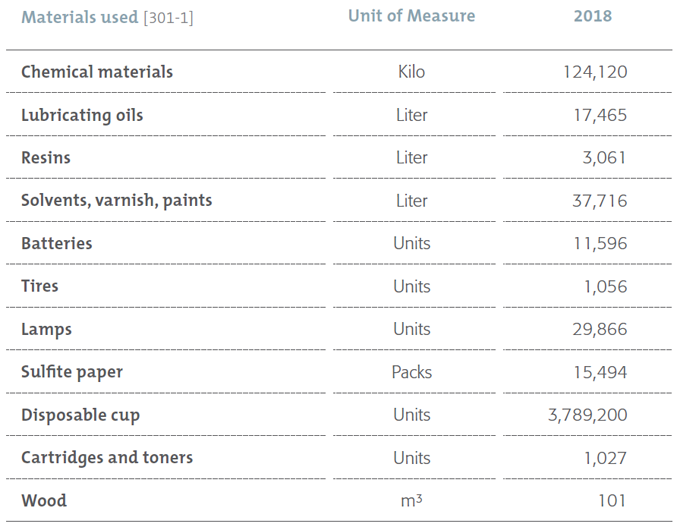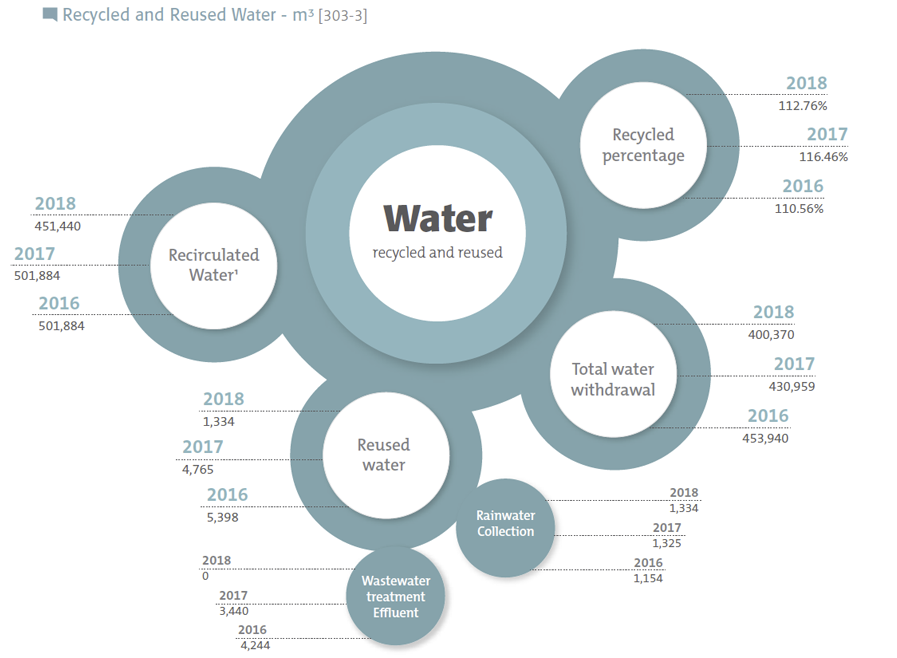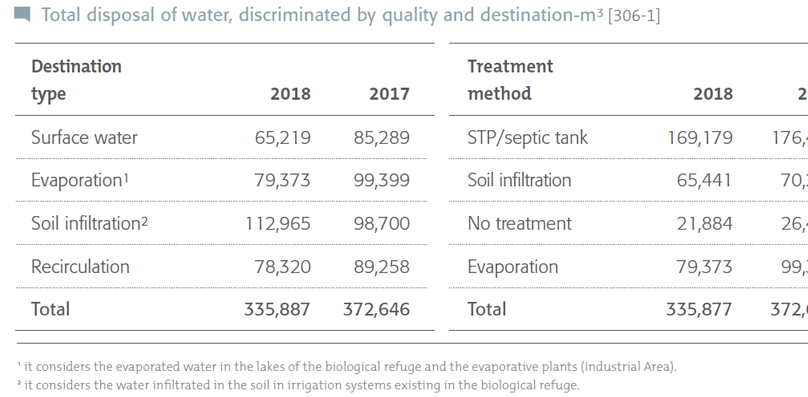Sustainable Rural Development Program
[203-1, 203-2, 413-1]- The honey beneficiation unit of the Cooperativa Agrofamiliar Solidária dos Apicultores da Costa Oeste do Paraná (Coofamel), a cooperative of beekeepers of the West coast of Paraná, in Santa Helena, received certification from the Federal Inspection Service;
- Implantation of an experiment to evaluate the agronomic and chemical performance of Guaco culture in western Paraná;
- Work with seven cooperatives and 135 agroindustry of family farming in the items labeling, brand, nutritional information and standardization, aiming to expand the commercialization with higher added value to the products;
- 3,539 advising on rural properties, and 169 training group activities with the participation of 2,666 farmers;
- 110 group activities for 16 farmers associations, with 1,452 participants;
- 27,000 seedlings of medicinal plants of 115 different species donated for plantations;
- Realization of the weekly agroecological Fair, at the Gramadão da Itaipu, in Foz do Iguaçu, increasing from 15 to 25 local suppliers.

Solid Waste Management Program
[203-1, 203-2, 413-1]
- The selective collection practices of Santa Terezinha de Itaipu, Itaipulândia, Santa Helena and Marechal Cândido Rondon received the City Pro-Catador Paraná 2018 Award, promoted by the Public Ministry of Labor of Paraná and Instituto junk and citizenship;
- Updating and implementation of the matrix of social, environmental, economic and political indicators called “Recyclometer”: Number of collectors, average income, volume and types of recycled and marketed materials, among others;
- Building of a technical training center in solid waste management, in Santa Terezinha de Itaipu, to offer trainings and receive technical visits from all municipalities;
- Training of 1,200 recyclers of recyclable material, public managers, technicians and students;
- Offered the course “solid waste management for socio-environmental agents”, in partnership with the Free University of the environment, 140 hours, for managers of all municipalities’ partners.
Sustainable Cities Program
[413-1]
- Seven regional workshops with municipal technicians;
- 32 meetings involving public agencies and managers of Itaipu;
- Creation of the Itaipu Lake Observatory (www.lagodeitaipu.org.br), a channel used to spread good practices, forum debates, dissemination of actions and other activities of the western region of Paraná;
- Creation of the sustainable city seal;
- 2nd Good Practice Competition – initiatives for the construction of the 2030 Agenda, with 40 municipalities registered and 137 shares presented.
Responsible Consumption – Use Bem Project
[103-2, 103-3, 301-1]
The Use Bem Project aims to create an awareness of rational use of materials of the entity seeking to reduce the waste of materials.
The consumption of paper reals was 15,494, and the target is 12,000 annual packages. For this, a series of measures are being implemented, in addition to those already executed by the company, such as creating print islands with badge readers on the machines.
Water Disposal
[103-2, 303-2, 303-3, 306-1]
There are no sources significantly affected by the withdrawal of water by Itaipu for consumptive uses. The water used for power generation is of non-consumptive use, that is, they return fully and immediately to the original water body. [303-2]
The company invests in improvements in sanitation systems and water recirculation, besides attending the sewage treatment plants (STP) and the receiver bodies of effluent with quality standards above those required by law. The data from the table on page 64 show reduction of water disposal, indicating that the actions adopted have obtained positive results.
The small difference in the percentage of recycled water is due to the inactivation of some lakes/recirculation system of the biological refuge, according to the chart on page 64. In addition, the wastewater from the treatment station at the plant is no longer reused (in the form of irrigation) for sanitary issues.
It is foreseen the remodeling of the system of collection and efficient treatment of all effluent generated in the Brazilian bank.
There was a 10% reduction in the total amount of effluent produced, as shown in the table below. The result is due to the decrease in water consumption, mainly in the industrial area and in places supplied by the sanitation Company of Paraná (Sanepar) in Foz do Iguaçu. [306-1]


 Português
Português
 Español
Español



